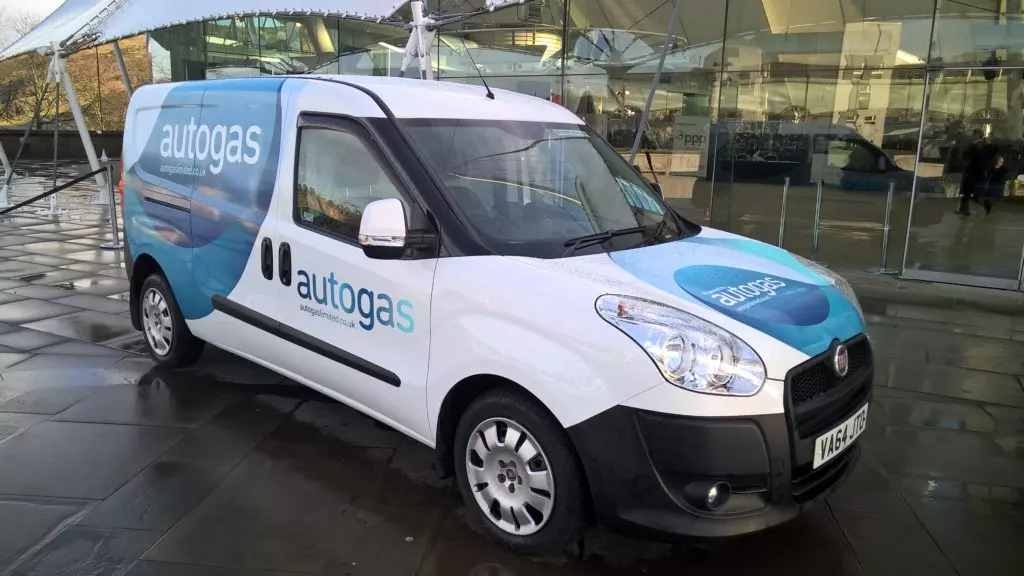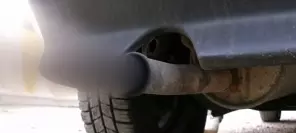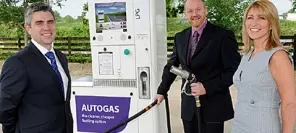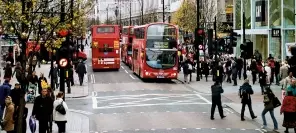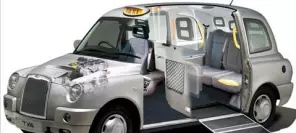- Main page
- Search
- Up to date
- Products
- Technology
- Vehicles
- Video
- Conversion Payback Simulator
Port Injection - Conversion Payback Simulator
Direct Injection - Conversion Payback Simulator
Diesel - Newsletter
Lovely weather for LPG
 loading results...
loading results...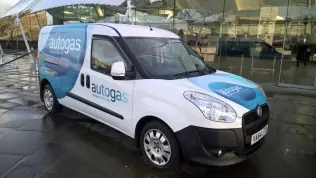 © auto-gas.netNowadays, buying a petrol-powered van bigger than this one here is something of a challenge in Europe, but given the growing disenchantment with diesels, it could soon change
© auto-gas.netNowadays, buying a petrol-powered van bigger than this one here is something of a challenge in Europe, but given the growing disenchantment with diesels, it could soon changeLove (for LPG) is in the air
Low air quality causes 40 thousand premature deaths annually in Great Britain, with road transport scting as the primary culprit. That's why the British government has drawn up the 2017 Air Quality Plan, including guidelines regarding cutting harmful emissions generated by cars, trucks and buses.
Where there's a will, there's a way
One of the ideas is to ban diesel-powered delivery vans from city centres. Of course, you need to replace them with something so that shops, stores and service providers can still be regularly restocked and that's where autogas kicks in. Introducing light- and medium-duty vans running on LPG instead of diesel wouldn't be much of a problem for car manufacturers, importers and dealers, since at least some of them are offered with petrol engines and the market is large enough for such operation to be perfectly viable. It is estimated that replacing diesels with autogas-powered vans could cut annual NOX emissions by 2400 tonnes and particulates by 23 tonnes. CO2 output is also limited, of course.
A change by decree
Should there be a problem buying a new LPG-fueled van striaght from the dealership, though, the British conversion shop network is developed enough to help overcome the issue easily. In fact, some installers have already developed Euro 6-compliant standardised conversion kits, thanks to which emission levels of to-be-converted Euro 6 petrol engines are maintained, but fuel bills are considerably reduced. Compared to diesel, a van powered with autogas pays back after less than 5 years at 25 thousand km covered per year. That should be enough to convince small business owners and fleet operators to make the switch. Besides, they may have no choice if diesels will be banned from city centres altogether. So no matter if someone likes LPG or not, they may be forced to use it. The thing is, why should anyone dislike LPG?
